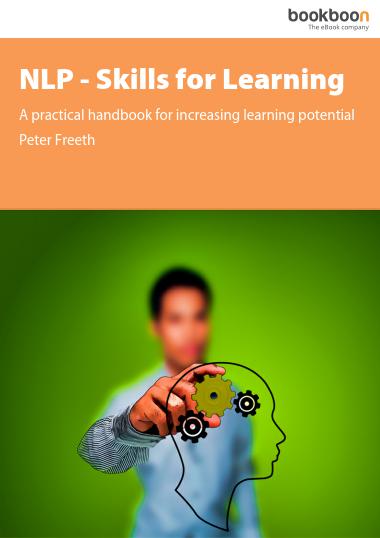How to learn from your mistakes and improve your self-talk

Have you ever heard someone say something totally different to what they actually said? Have you ever daydreamt? Have you ever dreamt at night?
Well, if you answered “Yes!” to any of those, where did that voice come from? Was it the one in your head? Don’t worry, we’ve all got one. Some of us have many, and they can come in very handy.
Here’s the first useful tip for you. In fact, if you ever feel nervous or if you ever worry, or if you ever tell yourself you should have known better, then this will be a very, very useful thing to know. Are you ready?
Did you know that you have total conscious control over that voice in your head?
Did you know that if it nags you or criticises you, you can change its tone of voice to be anything you want. If it sounded really soothing and supportive, would you be more inclined to listen to its advice?
If it sounded really excited and enthusiastic, how do you think you would feel? Try it out now…..In a really critical, harsh voice, say, “That was rubbish, you should have known better”. Next, use a really kind and supportive voice to say “Hey! That didn’t work so well, what can you do differently next time?” Pay attention to the difference in how you feel about those two voices.
You can change the qualities of the voice inside your head. You can make it sound supportive, you can make it sound like a newsreader, you can make it sound like a cartoon character. Any of these will change your emotional state and allow you to benefit from the feedback from your internal commentator. In fact, you can change the qualities of any of your sensory systems to change the emotional content of memories.
Only you can master your self-talk
From a teaching perspective, the voice inside your head is called your ‘Internal Dialogue’. Other people have taken the idea and renamed it “self-talk” and a dozen other things. They all mean the same thing – talking to yourself using the voice that only you can hear inside your head. Of course, some people talk to themselves out loud, but it’s the same thing.
We code our experiences of the world into language, so words are far more than a simple communication medium – they are in themselves models of our experiences and our reality. Therefore, talking to yourself, either inside or out loud, is an important aspect of the way that you understand your experiences. If you find that you criticise yourself when you get things wrong and that this makes you feel bad, just try this really simple exercise.
Learn from your mistakes
Next time you make a mistake and the voice says “that was stupid” or “that was a bad idea” say, in a genuinely curious way, “Thank you! Now, how does that information help me?” You can try any variation on this, such as “Thank you! What do you suggest I do differently next time?”
You will find that the results are quite different to when you just nag yourself. You can make up any form of words that are right for you as long as you follow the basic structure of “acknowledge value” then “redirect to a positive course of action”. You probably already apply this structure when other people offer you criticism – don’t you? It just helps bypass the emotion of criticism and get to the real value – the feedback.
You may say “but this doesn’t apply to me” in which case you should pay twice as much attention. When you’re in a learning environment, some people will beat themselves up for making “mistakes”. You’ll know when they do this from listening to what they say, for example “I told myself I should have known better” or “I said to myself that this was wrong”. When you hear this, you can constructively intervene by helping them change their internal dialogue.




